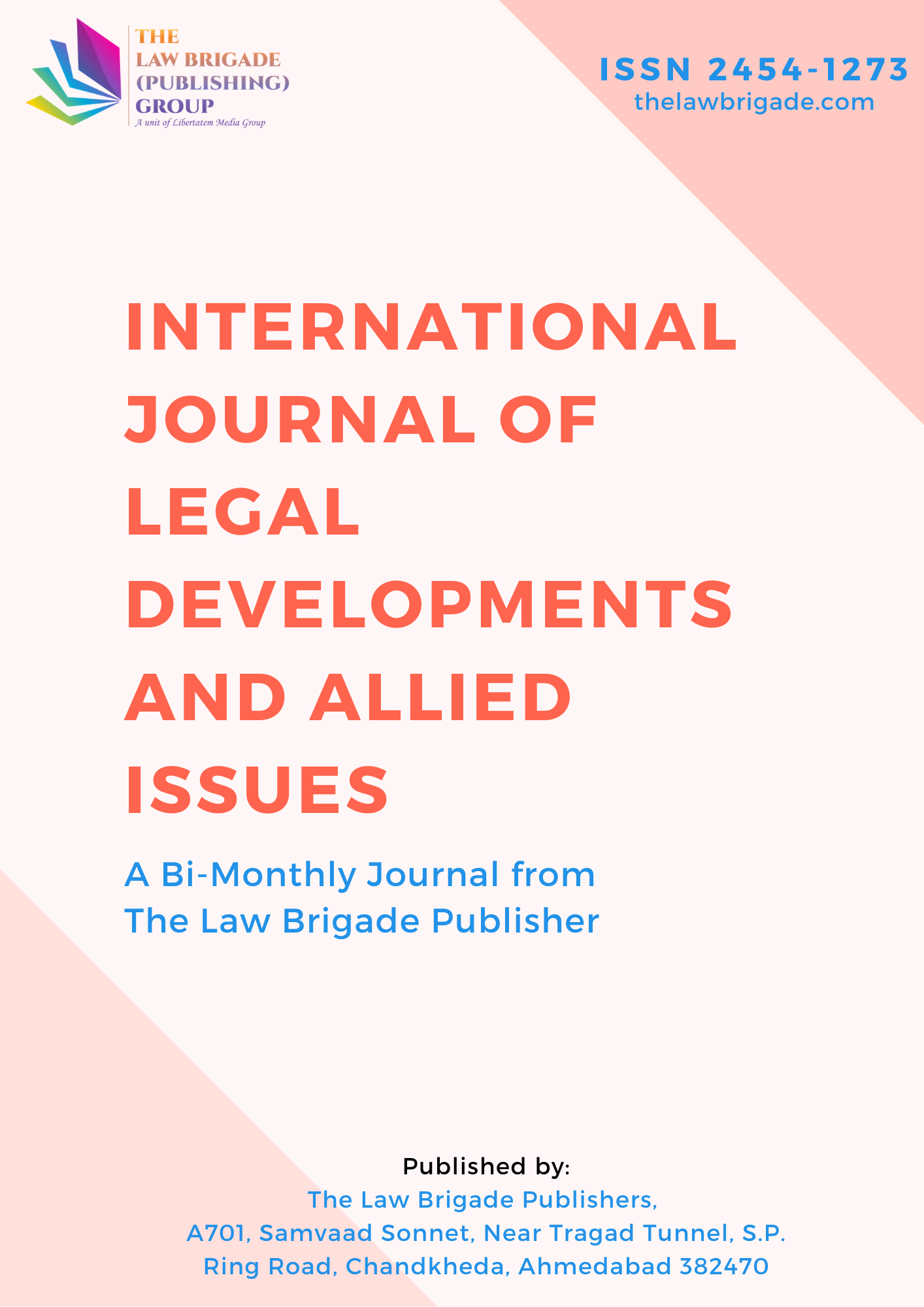In the present era, the influence of globalisation is so intense that the impact of a single incident can be globally sensed because of the interconnected economies. Any incident, be it financial or non-financial, touches upon the fates of majority of the nations that are linked worldwide. The breakdown of Lehman Brothers incessantly pushes us towards the reality of this world. Likewise, a single untoward decision, be it under some policy or piece of legislation, by the administration activates the concerns of the community globally comprising of investors and their host governments. To palliate concerns of such untoward decision-making, the community worldwide by means of several international as well as bilateral agreements has instituted rules in order to safeguard the capital that flows between geographies.[1]
The last decennium has faced a situation that was long unheard of. There was an unexpected rise in the practice of Investor-State arbitration. It also brings into light a number of flaws in the current settlement system with regard to the Investor-State Dispute.[2] The conception that any nation is a developed one and also possesses a firm legal system or framework does not necessarily ensure that the investors will be ensured appropriate security. There have been many instances in the recent past where even developed nations have deprived the foreign investors of their possessions and did not even compensate them and also precluded them from exhausting the local remedy by going to the courts. In such conditions, investors have no options available for bring their claim.[3] One such instance concerning investor-state dispute is the Philip Morris case, where the Tobacco giant suffered a great international combat to revoke the plain packaging laws of Australia with the help of “Australia-Hong Kong Investment Promotion and Protection Agreement (IPPA)”1993. An arbitral tribunal comprising of three members at the PCA decided that the tobacco giant lacked jurisdiction to file a suit opposed to Australia. This implies that the above mentioned packaging law of the country which prohibited all cigarette boxes from brand marking will continue to be in effect. This law which was enacted by Australia in 2011 also expected that the companies should comply with the standard trade marking and should also include pictorial health warnings.
The IPPA allowed for an ISDS mechanism wherein the investors could institute a legal proceeding against the host state where he can even claim compensation for the loss of gains due to insertion of unreasonable regulative measurements. Resultantly Philip Morris alleged the law to be a ban on the use of trademarks which was in violation of the IPPA and invoked FET provisions. The host state however claimed it to be for public purpose.[4]
The case highlights that even if in the whole process, the host state succeeds then also it has significant fiscal implications. Therefore, it is for India to revisit its treaty regimen for investment and give a second thought to the incorporation of ISDS system in upcoming investment agreements.
The Chapter further discusses various concepts associate with the investor-state dispute and also a brief introduction of the ISDS mechanism.
[1] Souvik Ganguly and Shantanu Kanade, Revisiting India’s stance on Investor–State Dispute Settlement, Indian Lawyer 250, Published on September 26, 2013, available at <http://indianlawyer250.com/features/article/223/revisiting-indias-stance-investorstate-dispute-settlement/>
[2] Sachet Singh and Sooraj Sharma, Investor-State Dispute Settlement Mechanism: The Quest for a Workable Roadmap, Merkourios – Utrecht Journal of International and European Law: General Issue 2013 – Vol. 29/76, available at <https://www.google.co.in/url?sa=t&rct=j&q=&esrc=s&source=web&cd=3&cad=rja&uact=8&ved=0ahUKEwiIoZeF067PAhVE54MKHfSfCokQFggpMAI&url=http%3A%2F%2Fwww.utrechtjournal.org%2Farticles%2F10.5334%2Fujiel.bo%2Fgalley%2F41%2Fdownload%2F&usg=AFQjCNFV_HxtDuDH1LVirZLs38_kyYUFgg&bvm=bv.133700528,d.amc>, last accessed on September 27, 2016 at 9:31 AM.
[3] Factsheet on Investor-State Dispute Settlement, European Commission, published on October 3, 2013, available at <http://trade.ec.europa.eu/doclib/docs/2013/october/tradoc_151791.pdf>.
[4] Kavaljit Singh, Madhyam, ISDS arbitration upholds Australia’s plain packaging laws, published on January 15, 2016, available at <http://www.eastasiaforum.org/2016/01/15/isds-arbitration-upholds-australias-plain-packaging-laws/#more-49143>.





